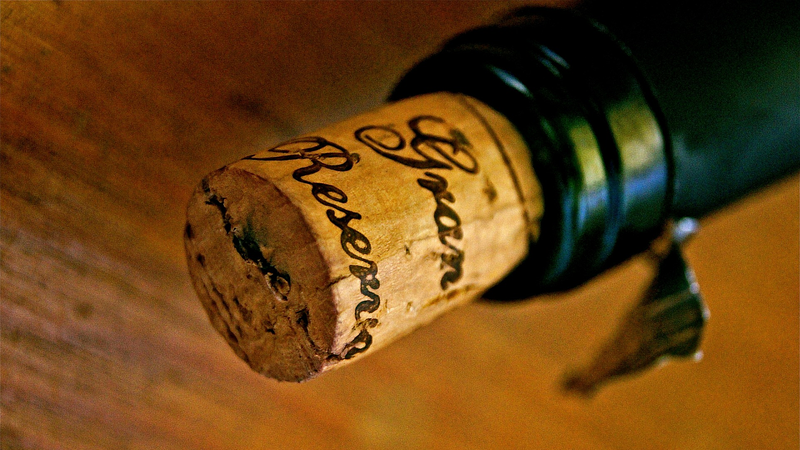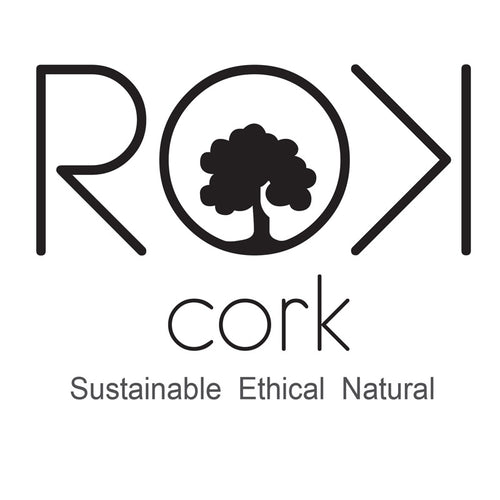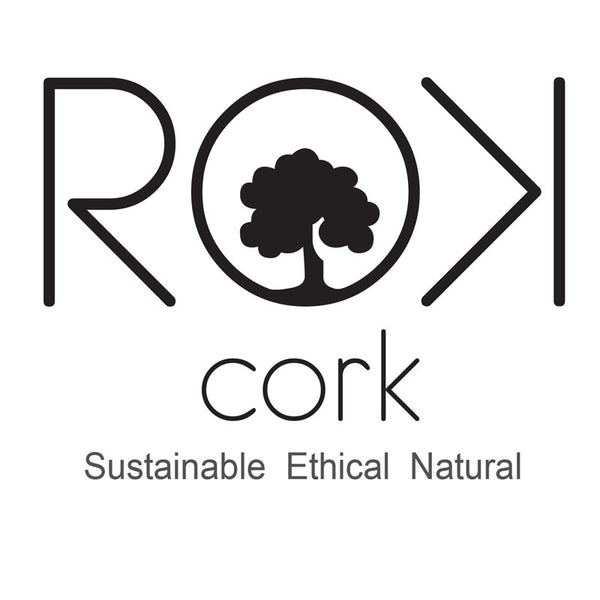The Rising of the Cork Industry back to it's Glory days

Cork closures has seen significant growth in terms of overall sales and of market share overall. Natural cork has continued to be the most popular and highest quality wine closure, now with almost seven in every ten bottles worldwide being finished with cork.

Natural cork wine closures both preserve the quality and character of the wine while saving old-growth cork oak forests and a centuries-old way of life. By means of sustainable harvesting, the cork industry has directly helped climate change initiatives by saving Europe’s largest oak forests from deforestation, which naturally absorb greenhouse gases.
The cork oak is the only tree whose bark grows back with a smoother texture, and each oak can live 200 years or longer. The initial harvest takes place when the cork oaks are about 25 years old and are harvested roughly every decade thereafter. The cork oaks are never cut down in the process.

Cork harvesting also provides economic benefits. Cork extractors are among the highest-paid agricultural workers in the world and more than 100,000 people in the Mediterranean Basin directly or indirectly rely on cork forests for their livelihoods.

Cork stoppers ensure the sealing of wine in a glass recipient. If this sealing is prolonged over time it promotes the wine’s maturing, which is to say there is an evolution by means of numerous physical and chemical processes between the components or between these and the substances inside the bottle. This gradual evolution of the bottled wine occurs in an environment with a very low oxygen content, but which is necessary and sufficient for the correct ageing of the wine. Until now, only the natural cork stopper has been able to provide this perfect balance, allowing for the correct evolution of the wine and the formation of the much appreciated “bouquet.” The bouquet consists of a set of pleasant aromas, which develop during the maturation period of bottled wine. It is a valued element, which depends on the intrinsic quality of the wine and the conditions in which it matures.
The hermetic quality ensured by the cork stopper is not only indispensable to maturing wines, but is also necessary for wines which will be consumed more quickly. Natural stoppers enable the excellent conservation of wines while preventing interference in the harmony of their components, conferring a sign of quality to the wine. Due to cork’s cell construction, compressibility and elasticity, it is the only closure capable of assuring this type of conservation in any type of wine.
Only natural material is able to adapt correctly to the internal irregularities of the neck, guaranteeing perfect sealing, even if the glass expands or contracts, which can happen when the ambient temperature changes during shipping or storage.
Cork is remarkable.
Happy drinking!

